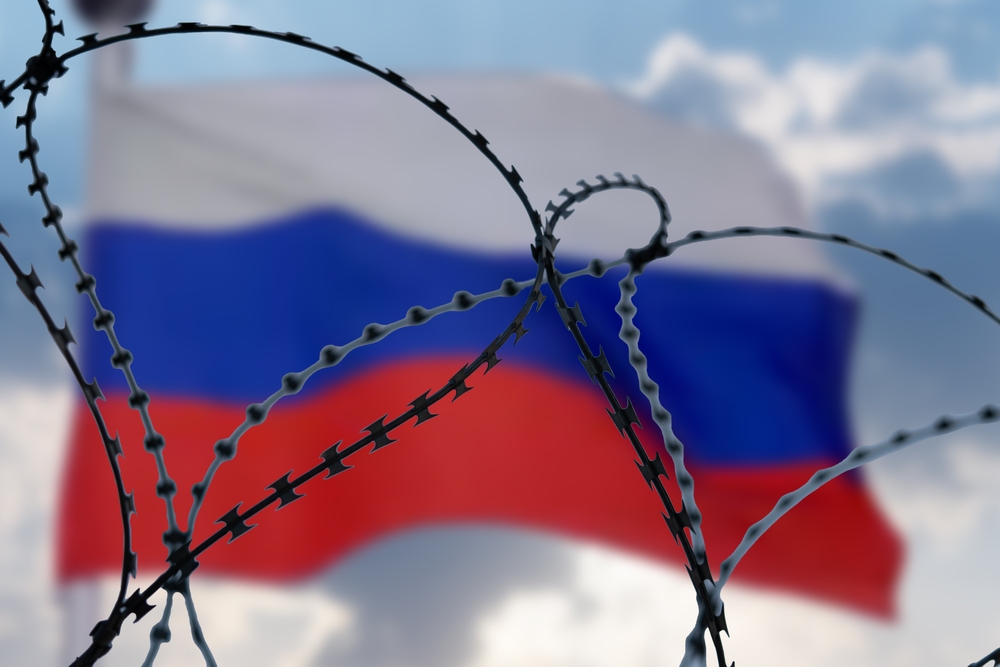The U.S. Treasury and State Departments have announced sanctions against nearly 400 individuals and companies involved in business with Russia, a country that has been under increasing sanctions since its invasion of Ukraine in 2022. Among those sanctioned are four Italian nationals, marking them as the first Italians and some of the earliest Europeans to be caught up in this latest wave of economic penalties.
The Italians targeted include Flavio Graziottin, 81, sole owner of Idronaut; Massimo Facchini, 53, head of Fagima Fresatrici; Giulio Sfoglietti, 64, a partner at Microlab; and Fulvio Salvatori, 58, from Siena. These sanctions will result in a ban on exporting to the United States and severe restrictions on conducting business in U.S. dollars globally. The U.S. measures are part of a broader strategy to cripple Russia’s economic and military capabilities by cutting off access to critical technologies and financial markets.
The sanctions regime imposed by Western nations on Russia consists of various measures, including individual sanctions against Russian elites, restrictions on the movement of goods and people, financial sanctions limiting Russian banks’ access to Western markets, and trade sanctions banning the export of advanced technologies to Russia. The four Italian executives have been implicated under the commercial sanctions category, with their companies accused of aiding Russia’s military and technological sectors. The U.S. Treasury has emphasized the need for enhanced scrutiny by banks and financial institutions to prevent Russian entities from circumventing these sanctions through third countries.
4o
The U.S. Treasury and State Departments have announced sanctions against nearly 400 individuals and companies involved in business with Russia, a country that has been under increasing sanctions since its invasion of Ukraine in 2022. Among those sanctioned are four Italian nationals, marking them as the first Italians and some of the earliest Europeans to be caught up in this latest wave of economic penalties.
The Italians targeted include Flavio Graziottin, 81, sole owner of Idronaut; Massimo Facchini, 53, head of Fagima Fresatrici; Giulio Sfoglietti, 64, a partner at Microlab; and Fulvio Salvatori, 58, from Siena. These sanctions will result in a ban on exporting to the United States and severe restrictions on conducting business in U.S. dollars globally. The U.S. measures are part of a broader strategy to cripple Russia’s economic and military capabilities by cutting off access to critical technologies and financial markets.
The sanctions regime imposed by Western nations on Russia consists of various measures, including individual sanctions against Russian elites, restrictions on the movement of goods and people, financial sanctions limiting Russian banks’ access to Western markets, and trade sanctions banning the export of advanced technologies to Russia. The four Italian executives have been implicated under the commercial sanctions category, with their companies accused of aiding Russia’s military and technological sectors. The U.S. Treasury has emphasized the need for enhanced scrutiny by banks and financial institutions to prevent Russian entities from circumventing these sanctions through third countries.

